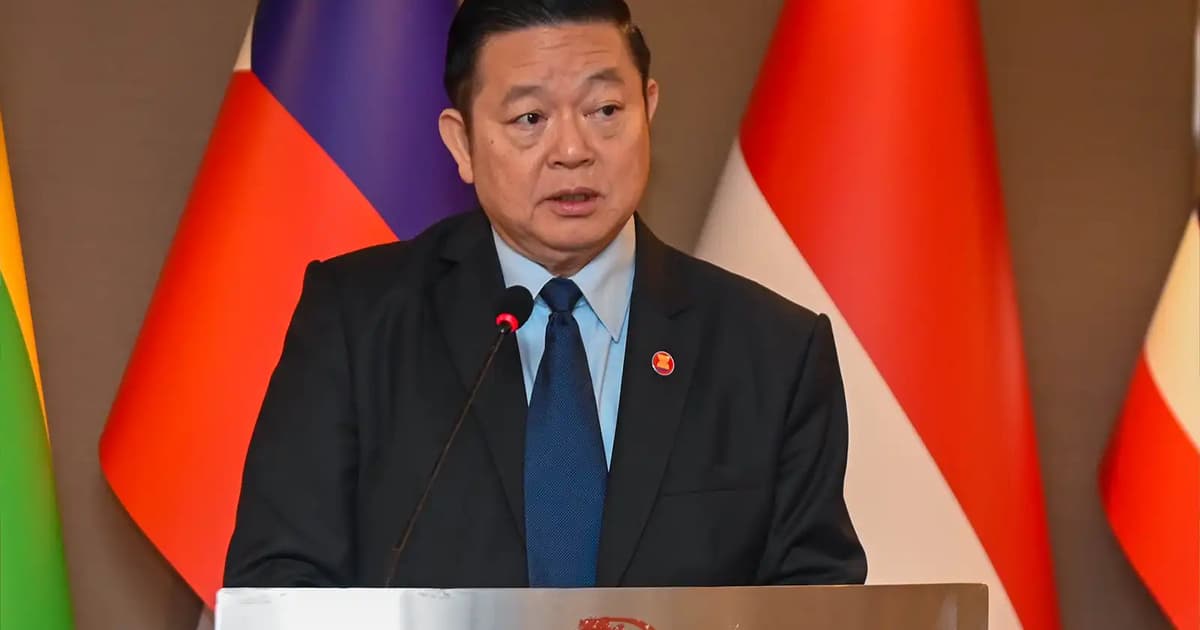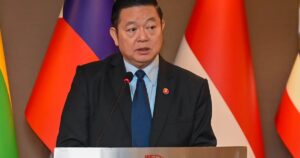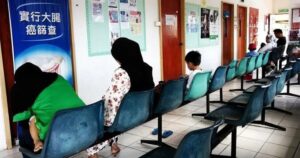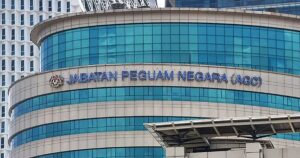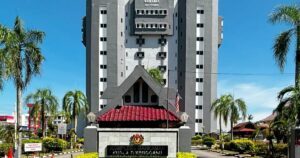
The Cambodia-Thailand ceasefire, Timor-Leste’s accession, and efforts to consolidate the region’s economy are among Malaysia’s biggest achievements as Asean chairman this year, says secretary-general Kao Kim Hourn.
Kao said that Malaysia took over the chairmanship during a geopolitically turbulent time, when the world was witnessing deadly wars in Ukraine and Gaza, while dealing with the uncertainties triggered by US president Donald Trump‘s trade tariffs.
“It is not easy for Asean to navigate but I would say under the leadership of Prime Minister Anwar Ibrahim, we were able to weather them,” he told reporters during the Asean Media Forum today.
He said the accession of Timor-Leste was a gargantuan task involving numerous rounds of negotiations and meetings, and commended Anwar‘s diplomacy work in negotiating a ceasefire for the Cambodia and Thailand border conflicts which erupted in July.
“He called up several leaders through telephone diplomacy to get the support of the Asean leaders to agree to a ceasefire and later sign the KL Peace Accord. That’s another significant achievement.
“We can’t imagine the destruction it would bring to both countries and Asean if the conflict was prolonged. With the signing of the peace accord, there’s a lot of hope that Asean will continue to focus on peace and stability,” he added.
On the economic front, he said noteworthy achievements included the signing of Asean-China Free Trade Area 3.0 Upgrade Protocol while praising Asean leaders for investing the time to consolidate Asean’s economy.
Kao also praised Malaysia for convening leaders from key continents during the 47th Asean Summit and related events, strengthening the bloc’s credibility and international standing.
Timor-Leste’s accession and future challenges
Separately, he said Timor-Leste’s accession was an important milestone in the bloc’s aspiration to create shared prosperity, considering that it was the last country defined as sovereign under Asean’s geographical boundary.
“Timor-Leste applied to become a member of Asean in 2011 and became an observer in 2022, so it took them 14 years to become a full member,” he said, adding that the US$1.88 billion economy would begin to undertake the annual contributions mandatory for all member states.
He said Asean as a whole had participated in capacity-building programmes for Timor-Leste to ensure that it could take advantage of its new membership while shouldering new responsibilities.
“But it’s still good for Timor-Leste to join Asean. Asean as a market has nearly 700 million people and it opens the door to investment opportunities (for them). It’s good for their infrastructural development and job creation,” he said.
Kao however acknowledged the challenges that Timor-Leste would face as it prepared to assume the Asean chairmanship in 2029, given the extensive resources needed to organise the summits and accompanying events.
“Timor-Leste still has a long way to go to ratify the bloc’s conventions, agreements, and instruments, especially under the Asean economic community. That’s a matter of practice. And chairing Asean is quite daunting – it involves hosting an average of 500 meetings a year.
“I do not want to put the cart before the horse, but this is an issue that will need to be discussed in the coming months between Timor-Leste and other member states. But of course, Timor-Leste has the option of skipping one round of chairmanship, which has been done by other countries in the past,” he said.
